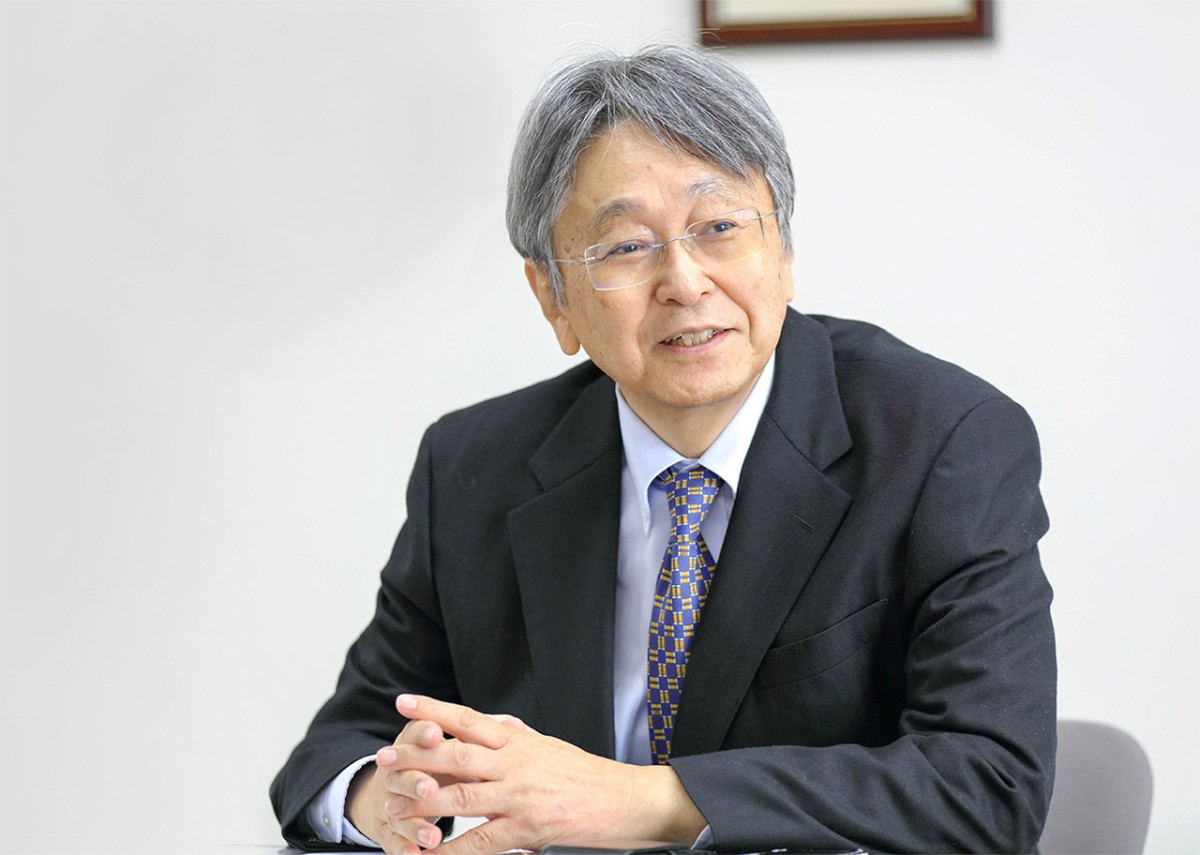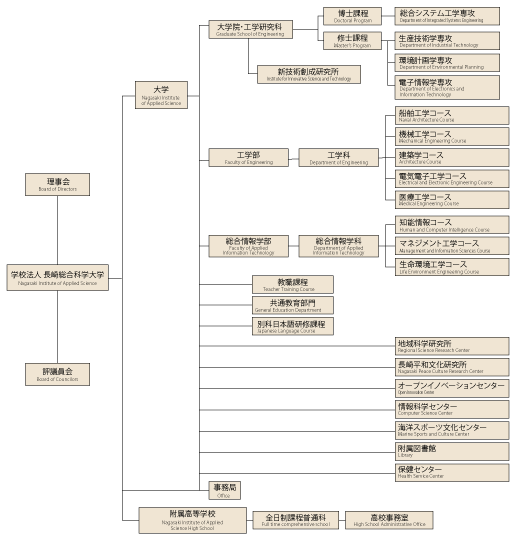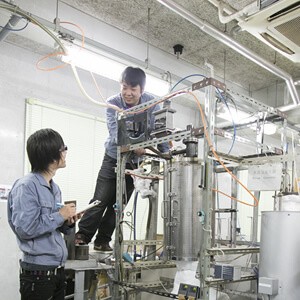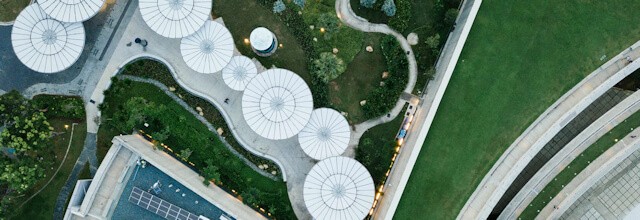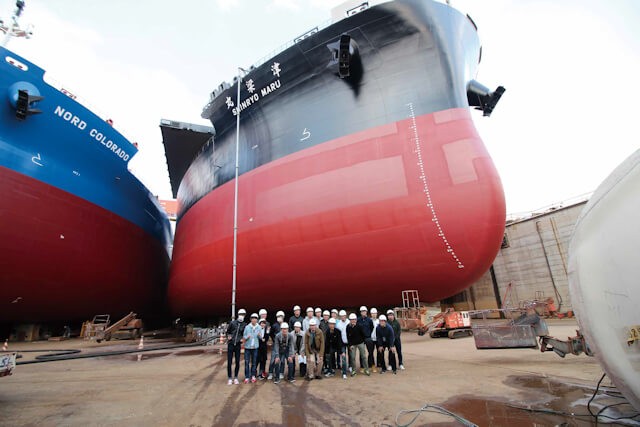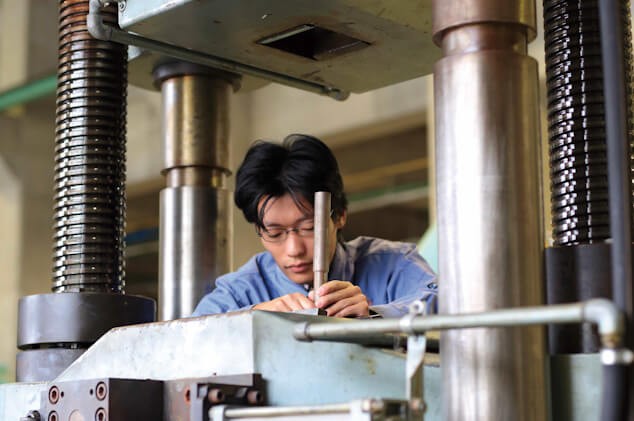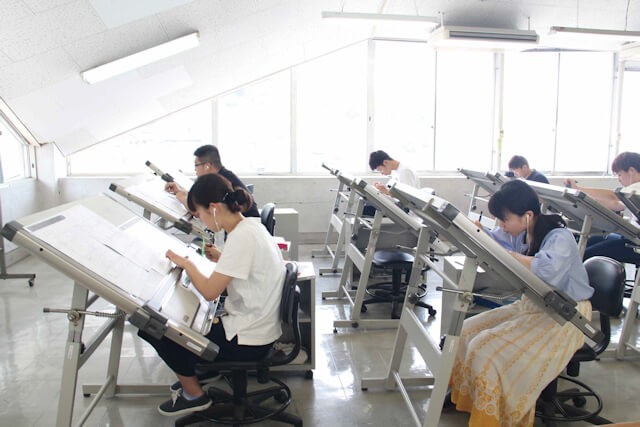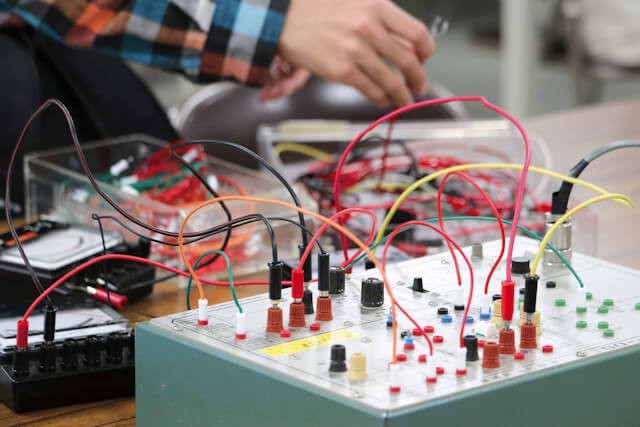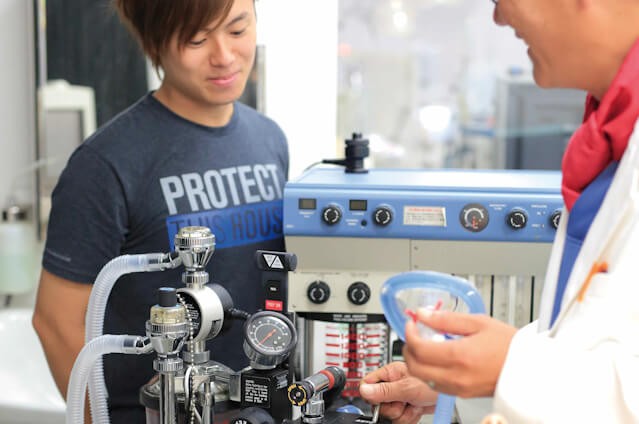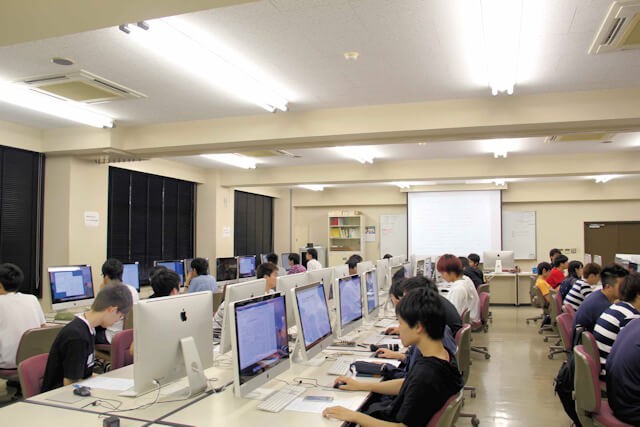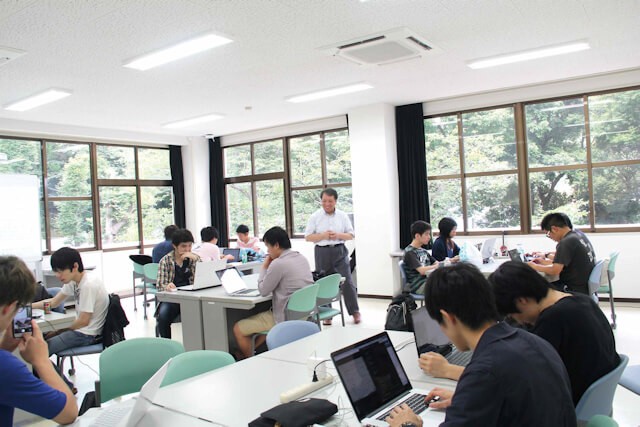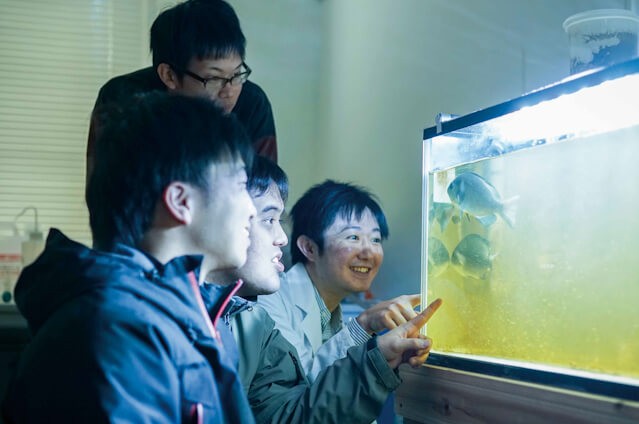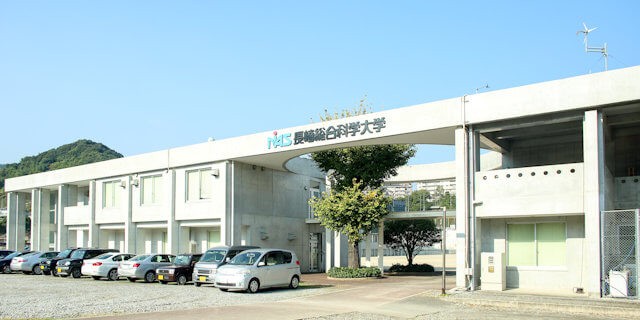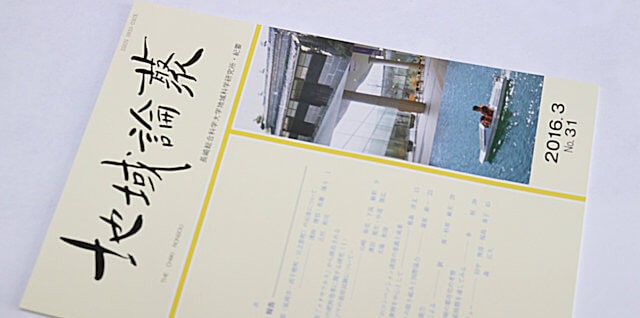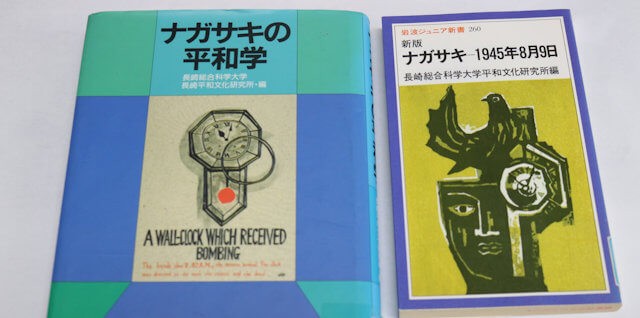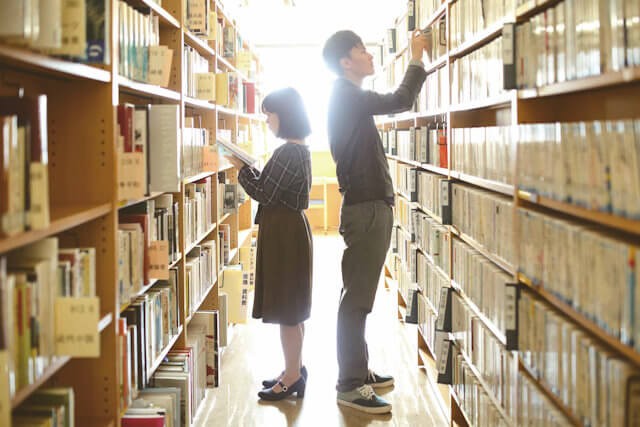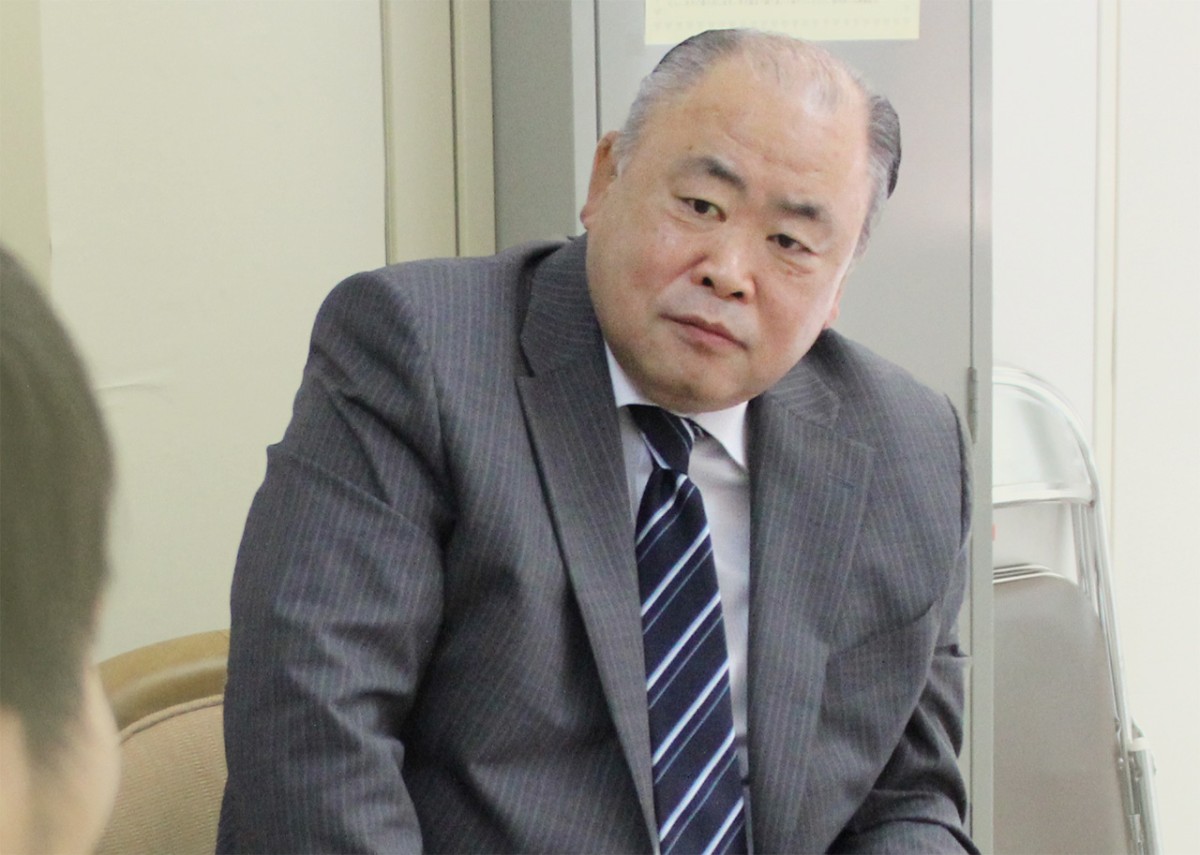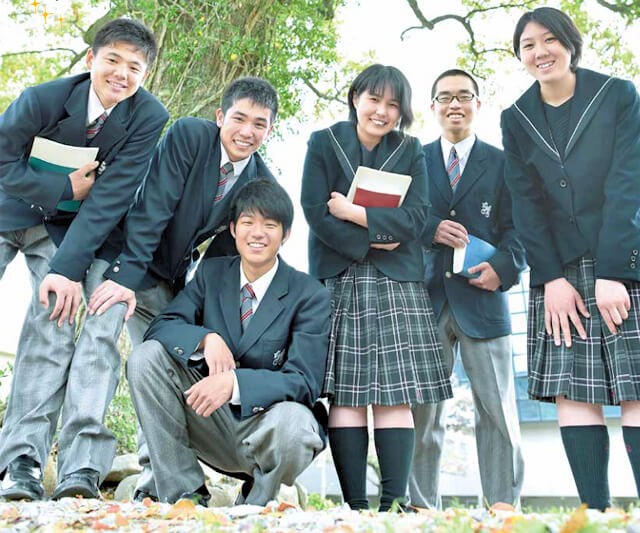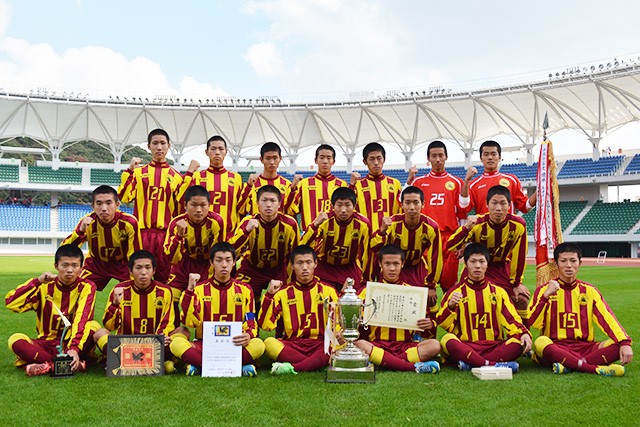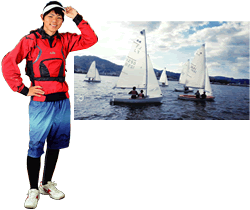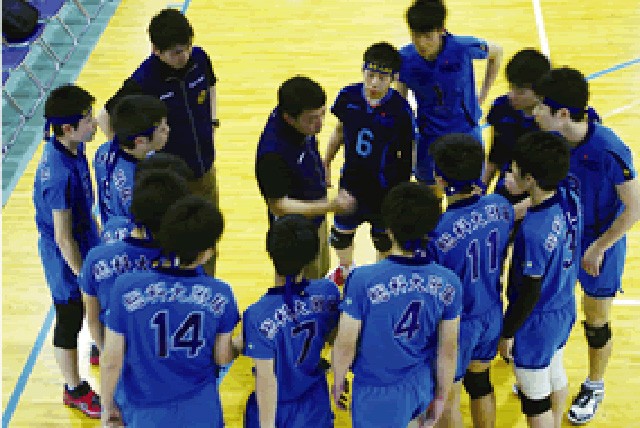President's message
Nagasaki Institute of Applied Science A Message from the President
At present, Japan is facing many challenges: a major shift to green energy, the revival of the semiconductor industry, the promotion of digitization and DX (Digital Transformation), the shift from gasoline vehicles to EVs. Nagasaki Institute of Applied Science has many professors who are playing leading roles in research and development toward these issues, for example, utilization of ocean energy and biomass resources, highly efficient power conversion and management system technology for renewable energy including solar cells, development of electric propulsion (EP) technology for ships, automobiles and satellites, advanced semiconductor technology - AI semiconductors and three-dimensional stacked integrated circuits, fundamental science including high energy physics, intelligent information technology such as AI, cutting-edge healthcare technology, and revitalization of local economies. Under their guidance, many enthusiastic students are engaged in their studies and participate in various research projects. The Japanese science magazine Newton, published in 2021, presents a ranking of research strengths of science and engineering universities, and this university is ranked 33rd (10th among private universities), a good rating for the size of the university.
We hope you can take advantage of these strengths to dream and imagine a new social stage for the next generation at this university, which has both excellent technology and people, so that you can go to "the one step further stage" in your studies. We hope that you will enroll in this university and graduate school (excellent professors and fellow students are waiting for you!), and then you can gain great "intellectual power" to make your "dreams" come true. Let us work together to realize “the one step further stage”. We hope you can take advantage of these strengths to dream and imagine a new social stage for the next generation at this university, which has both excellent technology and people, so that you can go to "the one step further stage" in your studies.
History
| 1942 | Kawanami Senior School of Shipbuilding is established. |
|---|---|
| 1943 | The school opens in Koyagi-cho, Nishisonogi-gun, Nagasaki. |
| 1944 | The school name is changed to Kawanami Shipbuilding Academy. |
| 1945 | The school name is changed to Nagasaki Shipbuilding Academy. |
| 1950 | Nagasaki Junior College of Shipbuilding is established. |
| 1951 | The college is officially recognized as an educational corporation. |
| 1961 | The college is relocated to Aba-machi, Nagasaki City (March 1962). |
| 1965 | The college name is changed to Nagasaki University of Shipbuilding. |
| 1976 | Graduate School of Engineering is established. |
| 1978 | Japanese Language Course is established. The name is changed to Nagasaki Institute of Applied Science. |
| 2001 | Human Environment Faculty, Department of Environment and Culture is established. |
| 2002 | Doctoral program in Integrated Systems Engineering is established in the Graduate School of Engineering. |
| 2005 | Faculty of Information, Department of Intelligent Information and Department of Management Information are established. |
| 2007 | Medical Electronics Course is established. |
| 2009 | Faculty of Environment and Architecture, Department of Human Environment and Department of Architecture are established. |
| 2014 | Faculty of Engineering, Department of Engineering and Faculty of Applied Information Technology, Department of Applied Information Technology are established. |
Organization
Nagasaki Institute of Applied Science Graduate School
Doctotal program
Department of Integrated Systems Engineering
- Industrial Technology and Engineering Course
- Environmental Planning and Technology Course
- Electronics and Information Technogy Course
In the doctoral program, students engage in advanced studies based on their research achievements in the master's program. They gain expert knowledge in a variety of fields while cultivating a comprehensive point of view,acquiring skills in research and information processing,and establish themselves as authorities in their respective fields of study.
Master's Program
Department of Industrial Technology
- Division of Material Engineering
- Division of Structural Engineering
- Division of Marine Hydrodynamics
- Division of Mechanical Hydrodynamics
Education and research are conducted on topics of engineering including basic and applied problems as well as advanced computer applications.
Department of Environmental Planning
- Division of Environmental Design
- Division of Housing and Residential Environment
- Division of Environmental Symbiosis System Engineering
- Division of Management Technology
Education and research are conducted on issues including new theories and methods of environmental symbiosis and the development of environmental design.
Department of Electronics and nformation Technology
- Division of Electronic Devices Life Care Engineering
- Division of Instrumentation and Control
- Division of Information Systems
Education and research are conducted on a wide spectrum of topics related to network technology and human communication technology as an application system.
Nagasaki Institute of Applied Science
The new course system provides an opportunity for deeper and wider studies and the cultivation of human resourcer capable of innovation in manufacturing.
Faculty of Engineering / Department of Engineering
This course cultivates innovative engineers attuned to the changing times.
Naval Architecture Course
This is Japan’s only naval engineering course. It provides complete training in naval design technology.
Mechanical Engineering Course
This course adopts a hands-on-approach to learning and cultivates industry-ready mechanical engineers.
Electrical and Electronic Engineering Course
This course cultivates specialists with knowledge ranging from the generation of electricity to electrical applications.
Medical Engineering Course
This course is based on the dual axis of medical treatment and engineering and provides training for clinical engineers.
Faculty of Applied Information Technology / Department of Applied Information Technology
Students gain professional and technical skills in gathering, analyzing and implementing information.
Human and Computer Intelligence Course
This course cultivates skills in new information technology necessary for contributions to society.
Management Engineering Course
This course cultivates skilled entrepreneurs capable of applying numerical information to management.
Open Innovation Center
The following activities are conducted to return the fruits of research to society and the local community:
- promotion of technological innovation and sustainable social development through the cooperation of industry, government and academia
- promotion of the creation and application of intellectual property
- promotion of procurement of competitive funds for the advancement of research projects
Institute for Innovative Science and Technology
This institute was established for the development of advanced technology and new business undertakings on the foundation of basic science. Research projects contribute to advancements in a variety of fields including environment and energy, electronic information technology and new technology for marine and synthetic applications. Leading-edge scientists are invited from around Japan and join in research projects with faculty members and graduate students.
Regional Science Research Center
This institute is devoted to comprehensive and interdisciplinary research, providing innovative solutions to problems of regional concern and contributing to the development of the local community.
Nagasaki Institute for Peace Culture
NiAS is located in Nagasaki, a city that suffered an atomic bombing in 1945. This research body studies issues related to the atomic bomb, disarmament and the peaceful utilization of science. The institute conveys the message of peace through lectures and symposiums and also engages in surveys on peace awareness and the editing of related books.
Library
The library has a collection of more than 180,000 books, including not only academic works and periodicals but also best-sellers in the field of literature. Among the library facilities geared to user services is a group research room for the viewing of DVD and other media.
Nagasaki Institute of Applied Science High School
Ordinary Course, Training Course
Three Pillars
1.Systematic education
Classes are designed to connect with university courses and promote academic aspirations.
- Training course
Classes are arranged for students aspiring to a university education. - The faculties of both university and high school join in cultivating a rich ability in basic learning and applications. Special emphasis is placed on field studies.
2.Support in daily life
Faculty and counselors provide support for pupils in solving everyday problems at school, including advice on higher education. A specialist on employment issues is available for individual consultation.
3.Pupil guidance
Extracurricular activities provide an important opportunity to expand abilities and talents. Pupils are encouraged to express their opinions during debates and discussions.
Sports
Soccer
Under the leadership of Tadatoshi Komine, the school soccer team represented Nagasaki Prefecture in the All Japan High School Soccer Tournament for three consecutive years from 2012, showing its strength and attracting new players from around the country.
Baseball
2015 Second place, Kyushu High School Baseball Nagasaki Prefecture Championship.2015 Participates for the first time in the Kyushu District High School Baseball Championship.
![長崎総合科学大学 [NiAS]](/theme/nias/images/common/logo-header.png)
